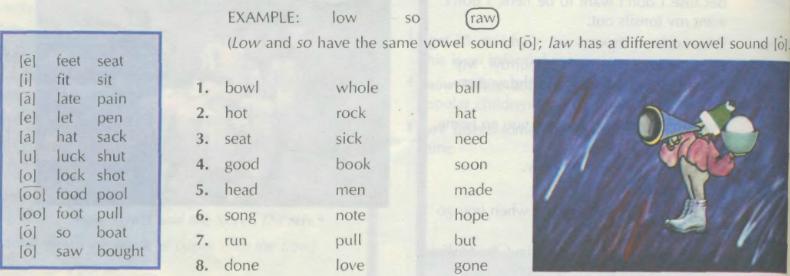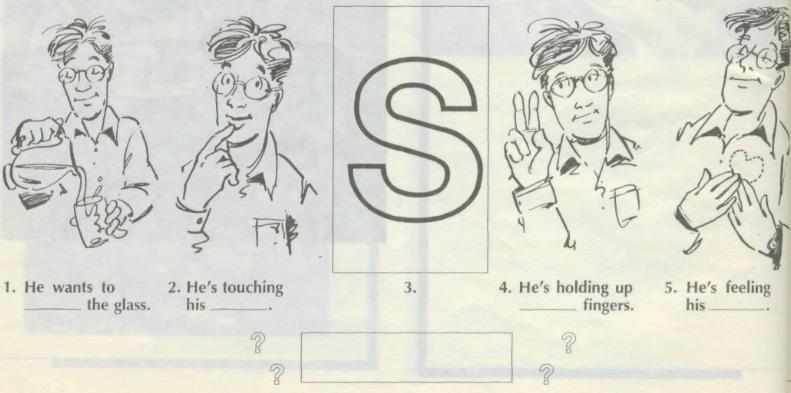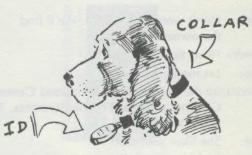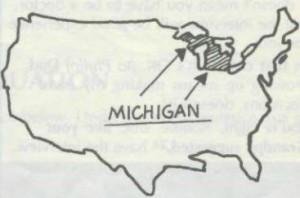Family Album 8 — You’re going to be fine
Смотреть онлайн Family Album USA 8 урок/серия “You’re going to be fine” с английскими субтитрами:
Упражнения и словари к 8 серии:
In this episode you will study ..
VOCABULARY
scheduling
infected
reassurance
cold
sore throat
charades
GRAMMAR AND EXPRESSIONS
present tense with future meaning
talking about health
tag questions
PRONUNCIATION
basic vowel sounds
U . S . LIFE
How do Americans pay for medical care?
YOUR TURN
• Who pays for medical care in your country?
• How often do you see a doctor?
handling: taking care of
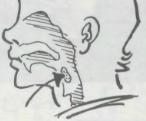
scheduling: planning for things to happen at a certain time
tonsillectomies: operations to take out the tonsils
infected: diseased
remove: to take out
reassurance: words to make someone feel less afraid
colds: sicknesses with coughing and sneezing
do: will. You sometimes use the simple present tense to refer to future schedules.
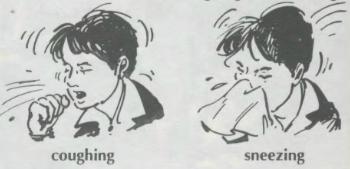
put (it) off: to delay (the operation) until a later time postpone (it)
when you come: After when, use a present verb form (come, not will come) to refer to future time. Also, use a present-tense verb with future meaning to follow these words and phrases: after, before, if, unless, until, while, as soon as, and in case.
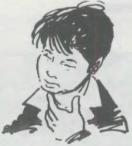
How you doing? = How are you doing? or How’re you doing? This is a very informal way to ask, «How are you?»
talk (this) over: to discuss (something)
It’s a problem, isn’t it? = It’s a problem, right? This is an example of a tag question. Use tag questions to check information.
work (something) out: to find an answer to a problem
fooling: joking with; kidding
come up with: to get a new idea; invent
Activities
TALKING ABOUT HEALTH
What is bothering the person in each picture? What is he saying? Choose the correct answer from the box. Then write the answer in the speech balloon above the correct picture. The first answer is given.
WHY? BECAUSE . . .
Draw a line from each sentence at the left to the correct answer at the right. The first answer is given.
1. Why does Philip need Molly’s help? (d.)
2. Why does Carl need an operation? ___
3. Why does Mrs. Herrera feel reassured? ___
4. Why doesn’t Carl want to have the operation this week? ___
5. Why doesn’t Mrs. Herrera want to put off the operation? ___
6. Why does Mrs. Herrera like the nurse? ___
7. Why doesn’t Molly tell Carl more about the surprise? ___
a. Because his birthday is on Saturday.
b. Because Philip tells her that Carl will be fine.
c. Because she thinks it’s important to do it now.
d. Because he has a scheduling problem.
e. Because she has to think about it first.
f. Because he has infected tonsils.
g. Because Molly is good with children.
charades: a guessing game. In charades, one person silently acts out a name, a tide, or a phrase while other players try to guess it. For example, to show the word understand, a player might act out under and stand.
join in: to do it with us
I got it! = I have the answer. This is an informal expression.
Snow White and the Seven Dwarfs: the title of popular children’s story, or fairy tale, and movie
sore loser: someone who acts badly after losing game
arguing: strongly disagreeing
gang: a group of people. This is an informal word.
going on: happening
promised me: agreed to give me
Activities
PRONUNCIATION
There are eleven basic vowel sounds in American English. In the box, there are two examples of words with each on these sounds. Read each group of three words below. Circle the one word with a vowel sound that is different from the vowel sound in the other two words. If you wish, you may use a dictionary for this activity.
CHARADES
Let’s play charades. Look at the five pictures. In pictures 1,2,4, and 5, the person is acting out a clue for a word. A extra clue is given below each picture. Try to guess each word. Then add the words together to get the name of a «famous doctor.» Write this name in the box at the bottom of the page. The third sound (s) is given.
come on: stop acting like that
Want to hear them? = Do you want to hear the flavors?
coming up: coming very soon. You might use this informal phrase when you are going to serve food or a drink.
deal: an agreement
U.S. LIFE
In the United States, about 7 million people work in the medical-care system, the largest field of employment in the country. There are 450,000 doctors, 1 million registered nurses, 120,000 dentists, and 150,000 pharmacists. Most doctors in the United States are in private practice. This means that their medical office is organized-like a business. Most Americans have private health insurance to pay their medical bills. But this insurance covers less than 40% of medical costs. The people must pay for the rest of the costs. A government program called Medicare helps to pay medical bills for people over age sixty-five.
YOUR TURN
• Who pays for medical care in your country?
• Do most doctors in your country work for the government?
• How often do you see a doctor? About how much does a visit to a doctor cost?
Activities
TAG QUESTIONS
To check information, you can use a tag question: an auxiliary and a pronoun at the end of a sentence. You use a tag question when you think that you already know the answer. A tag question means «Right?» Study the examples and explanations below. Then complete exercises A and B.
If the verb or auxiliary in the sentence is positive (is, will, was), use a negative auxiliary (isn’t, won’t, wasn’t) and the correct subject pronoun; if the verb or auxiliary in the sentence is negative (isn’t, won’t, wasn’t), use a positive auxiliary (is, will, was) and the correct subject pronoun.
Molly is a good nurse, isn’t she?
Carl isn’t sad now, is he?
Carl will always remember this birthday, won’t he?
He won’t forget Popo the Clown, will he?
Betty was sick, wasn’t she?
Tim wasn’t feeling too bad, was he?
Negative sentences with don’t, doesn’t, and didn’t follow the rule above for tag questions.
The children don’t have a fever now, do they?
Frank’s throat doesn’t hurt too much, does it?
Philip didn’t have ice cream, did he?
But positive sentences with simple, -s, and past verb forms have no auxiliaries. For these sentences, follow the rules for tag questions below.
If the main verb is in the simple form (like, eat), use don’t in the tag question:
The children like ice cream, don’t they?
You eat ice cream, don’t you?
If the main verb is in the -s form (wants, likes), use doesn’t in the tag question:
Molly wants the children to feel better, doesn’t she?
Carl likes to play charades, doesn’t he?
If the main verb is in the past form (asked, had), use didn’t in the tag question:
Betty asked for two ice-cream flavors, didn’t she?
The children had fun, didn’t they?
A. Read the script for Act III to find the five sentences with tag questions. Write those five sentences on the blank lines.
- _______________________________
- _______________________________
- _______________________________
- _______________________________
- _______________________________
B. Add the correct tag question to each of the following sentences. For each sentence, use one of the tag questions in the boxes above. Be sure to use the correct subject pronoun.
1. Carl’s birthday is on Saturday, _____?
2. He wasn’t happy about being in the hospital, _____?
3. Philip will thank Molly for her help, _____ ?
4. She helps Philip a lot, _____ ?
5. The children learned how to play charades, _____ ?
6. The children like the game, _____?
7. They didn’t expect to see a clown, _____?
8. Popo was funny, _____?

